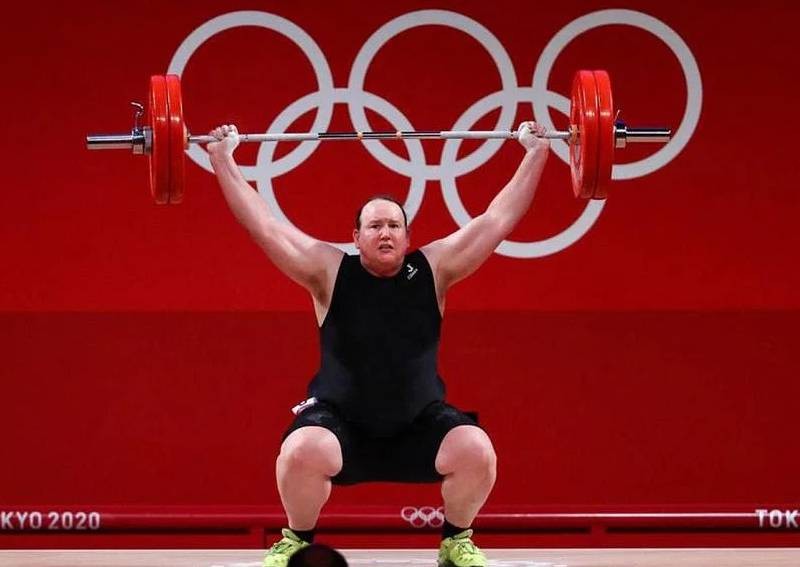Pendulum swings towards tighter measures against transgender athletes


MANCHESTER, England — New Zealand weightlifter Laurel Hubbard's appearance at the 2020 Tokyo Games as the first openly transgender woman to compete at the Olympics received mixed reviews in one of the most contentious areas in sport.
In the end, Hubbard retired after an inauspicious performance in Tokyo where she failed to record a valid lift.
Fast forward to 2023 and she would find herself ineligible for next year's Paris Games after the International Weightlifting Federation tightened its eligibility rules.
Heading into 2024, there has been a seismic shift in the sporting landscape for trans athletes with the pendulum swinging back towards tighter measures on a divisive issue that has virtually no grey area.
In March, World Athletics banned transgender women who had gone through male puberty from elite female competitions — a decision federation president Sebastian Coe said was based "on the overarching need to protect the female category".
Athletics followed a similar move made by World Aquatics in 2022 and more sport organisations have followed suit.
The International Cycling Union (UCI) in July banned trans women who had gone through male puberty from competing in the female category of competitive events. Athletes who do not qualify can enter the newly named "men/open" category.
The UCI's new rules came two months after British Cycling's similar ban on trans women.
Hubbard, French sprinter Halba Diouf and Welsh cyclist Emily Bridges could previously compete in the women's category because they met testosterone level requirements.
"The only safeguard transgender women have is their right to live as they wish and we are being refused that, we are being hounded," Diouf told Reuters after World Athletics tightened their rules.
Anti-trans activists argue that the participation of trans women is the biggest threat to women's sport, with much of their anger targeted at high-profile athletes such as swimmer Lia Thomas, the first openly trans athlete to win an NCAA Division 1 US national college title.
Thomas, who won the women's 500-yard freestyle at the 2022 championships, cannot compete in the women's category at the Paris Olympics due to World Aquatics' new rules.
Canada's soccer midfielder Quinn — whose case differs from Hubbard and Thomas in that Quinn was born female — became the first ever openly transgender and non-binary gold medallist at the Tokyo Olympics.
The inclusion of trans women has prompted some of the world's greatest athletes to take sides.
Megan Rapinoe, who recently retired from the US women's soccer team, said she would welcome a trans player on the squad.
"We as a country are trying to legislate away people's full humanity," Rapinoe told Time Magazine. "It's particularly frustrating when women's sports is weaponised. Oh, now we care about fairness? Now we care about women's sports?"
Her comments raised the ire of tennis great Martina Navratilova, a trailblazer for gay rights, who tweeted a one-word response: "Yikes..."
Rapinoe and partner, retired WNBA star Sue Bird, were among 40 professional athletes who signed a letter to US lawmakers in April opposing a federal bill that stipulates Title IX compliance requires banning transgender athletes from playing women's and girl's sport.
Title IX is a 1970s civil rights law which bars discrimination based on sex.
"Certainly the pendulum is swinging back in a negative way," Joanna Harper, a Canadian-born transgender woman and author, told Reuters in July. "There's little doubt of that."
ALSO READ: After landmark World Cup, more sponsors keen on women's sport in 2024